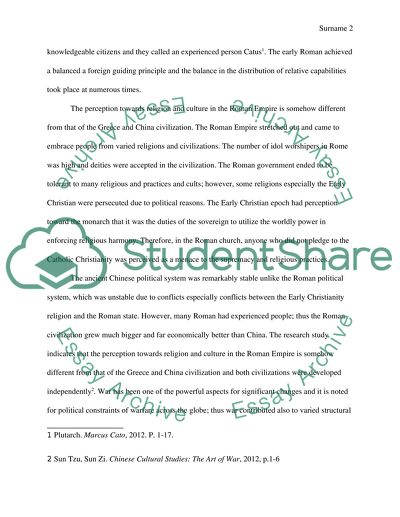Cite this document
(“Comparisons for Motivations and Perceptions towards Empire in Rome, Essay”, n.d.)
Comparisons for Motivations and Perceptions towards Empire in Rome, Essay. Retrieved from https://studentshare.org/history/1485347-world-history-final-paper
Comparisons for Motivations and Perceptions towards Empire in Rome, Essay. Retrieved from https://studentshare.org/history/1485347-world-history-final-paper
(Comparisons for Motivations and Perceptions towards Empire in Rome, Essay)
Comparisons for Motivations and Perceptions towards Empire in Rome, Essay. https://studentshare.org/history/1485347-world-history-final-paper.
Comparisons for Motivations and Perceptions towards Empire in Rome, Essay. https://studentshare.org/history/1485347-world-history-final-paper.
“Comparisons for Motivations and Perceptions towards Empire in Rome, Essay”, n.d. https://studentshare.org/history/1485347-world-history-final-paper.


